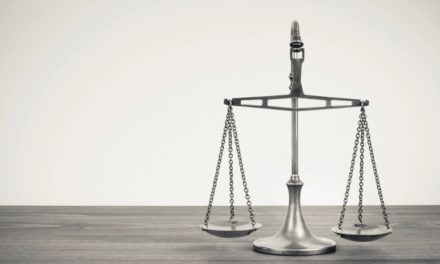Cryptomnesia. That’s a mouthful to say, dicey to write, and virtually unrecognizable in the “normal” writing community. Explaining that it means unconscious plagiarism helps. But even so, how many of us think about unconscious plagiarism? Really? There’s such a thing? True plagiarism is when you deliberately pass off someone else’s work as your own. But cryptomnesia occurs when you present someone else’s work as your own because you honestly cannot remember where you heard or read it. Who among is not guilty of that?
But wait, there’s more. The plain language definition—“honestly cannot remember”—is not always the explanation. Cryptomnesia occurs when a “forgotten memory returns” without its being recognized as such. So the writer believes it is something new and original. Madame Wiki calls it a “memory bias.”[1]
Bias is a disproportionate weight for or against an idea or thing. In the vernacular, it’s closed-minded and prejudicial. Bias bites the writer in the fingertips when keyboarding what you think you own when actually you unknowingly borrowed it from someone else. Bloody unfair!
Psychologically, it’s the reality of a writer falsely recalling generating a thought, an idea, an original character, a line of dialogue, a metaphor, tune, or a dazzling first line in book. And then, long before the first royalty check is received, it turns out to be experiencing a memory as if it were a new inspiration. Damnably unfair!
William Faulkner talked about it in 1958. He said, “Any experience the writer has ever suffered is going to influence what he does, and that is not only what he’s read, but the music he’s heard, the pictures he’s seen.”[2] He also said all writers were “congenital liars.”[3] Bloody true!
The psychological notion that all writer’s ideas are the combinatorial product of existing ideas is a worthy thought, at least from an ethical perspective. Paula Scher put it this way. “This fusion of existing bits into new combinations is a largely unconscious process, and for all its miraculous machinery, one serious downside is that it often obliterates the traces of the original sources we unconsciously fold into our ‘new’ ideas. Helen Keller experienced the repercussions of this phenomenon when she was accused of plagiarism. Henry Miller questioned it when he wrote ‘And your way, is it really your way?’ Coleridge often tripped over the fine line between unconscious borrowing and deliberate theft.”[4] The ethical imperative in assessing cryptomnesia lies in the vernacular definition—“honestly cannot remember.” Whether conduct is ethical or not is an examination of conscious immoral behavior. If you honestly cannot remember something and write it believing it to be original thinking, then it passes ethical muster. Write what you believe to be yours, believe to be true, and fear not the cryptomnesia police. Or, as some famous wag may have said, “May the source be with you.” Who was the first to say that? Han Solo? Harrison Ford? George Lucas? I forget. Bloody awful!

I am an author and a part-time lawyer with a focus on ethics and professional discipline. I teach creative writing and ethics to law students at Arizona State University. Read my bio.
If you have an important story you want told, you can commission me to write it for you. Learn how.
[1] https://en.wikipedia.org/wiki/Cryptomnesia
[2] https://www.brainpickings.org/2014/09/26/cryptomnesia-psychology-of-writing/
[3] https://faulkner.lib.virginia.edu/page%3Fid=essays§ion=intro.html
[4] https://www.brainpickings.org/2014/09/26/cryptomnesia-psychology-of-writing/






 I am an author and a part-time lawyer with a focus on ethics and professional discipline. I teach creative writing and ethics to law students at Arizona State University.
I am an author and a part-time lawyer with a focus on ethics and professional discipline. I teach creative writing and ethics to law students at Arizona State University.  My latest novel is Hide & Be.
My latest novel is Hide & Be.  If you have an important story you want told, you can commission me to write it for you.
If you have an important story you want told, you can commission me to write it for you.